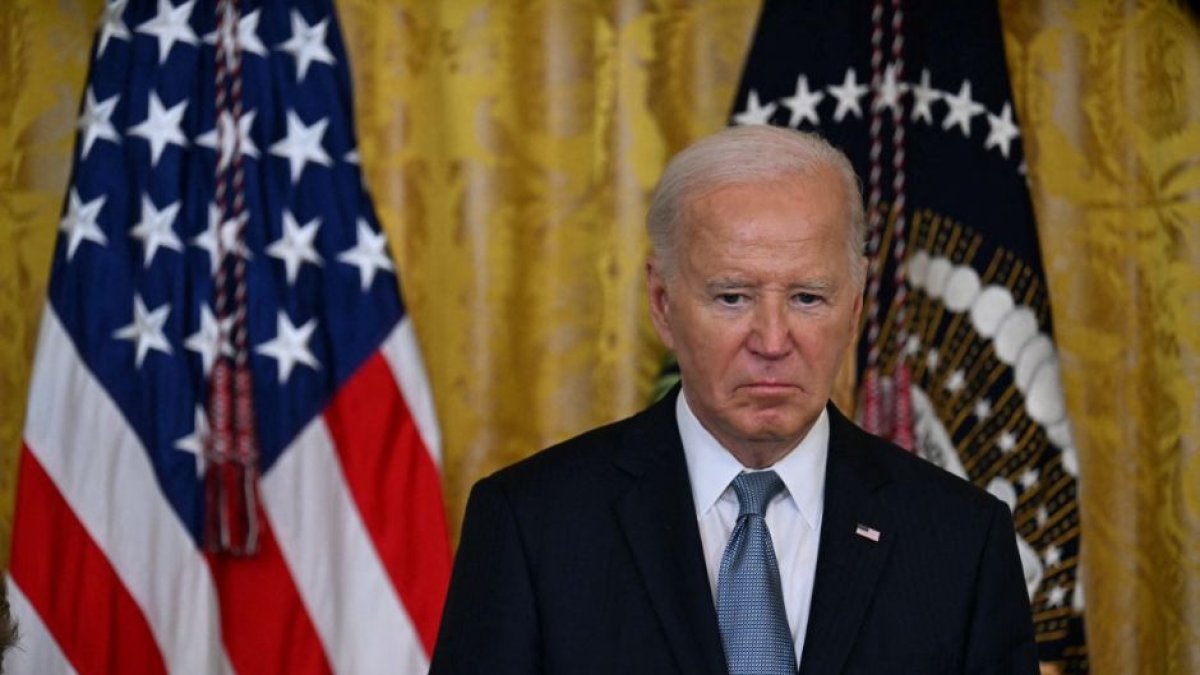Israel provokes White House frustration by refusing to share its plans against Iran
It was thought that Israel would notify the U.S. of their plans to respond to Tehran during a meeting, but the meeting was postponed.

U.S. President Joe Biden
In a twist that highlights the growing disconnect between Israel and the Biden administration, the Israeli government has decided not to share details of its retaliatory plans against Iran. This decision has generated frustration among U.S. officials, who are trying to influence the actions of their most important ally in the Middle East.
White House concerns
As Israel prepares to carry out operations against Iran, the White House has sought to restrict the Israeli response, urging the avoidance of attacks on oil and nuclear facilities. The consequences of this strategy are now becoming apparent as Tel Aviv appears to be opting to keep the Biden administration out of crucial information.
According to reports, U.S. officials have already been frustrated with Israel, especially in the face of recent military actions in Gaza and Lebanon that have surprised Washington on several occasions. A scheduled meeting between Israeli Defense Minister Yoav Gallant and U.S. Defense Secretary Lloyd Austin was expected to help clarify the situation. However, the decision to postpone Gallant's trip has left the Biden administration even more in the dark about its ally's intentions, which could raise further doubts about the effectiveness of Biden's diplomacy at a critical time for security in the Middle East.
An Israel determined to act
Israel's determination to protect its national security has become a priority, even at the expense of acting without Washington's consent. A recent example was the Israeli operation against Hezbollah leader Hassan Nasrallah, which was carried out without prior notification to the United States, evidencing the autonomy Israel considers essential to deal with immediate threats on its border. This attack surprised U.S. officials, leading Austin to question Gallant about the lack of time to position U.S. forces if necessary.
Challenges for the Biden administration
Strengthening military and defense relations between the two countries has been a priority over the past year. The Pentagon has bolstered its presence in the region to protect both U.S. and ally interests. Still, as the U.S. presidential election approaches, the Biden administration faces the challenge of balancing support for Israel with the need to avoid a conflict that could have repercussions for regional stability and domestic politics, especially if regional tensions impact the U.S. economy and oil prices.

























